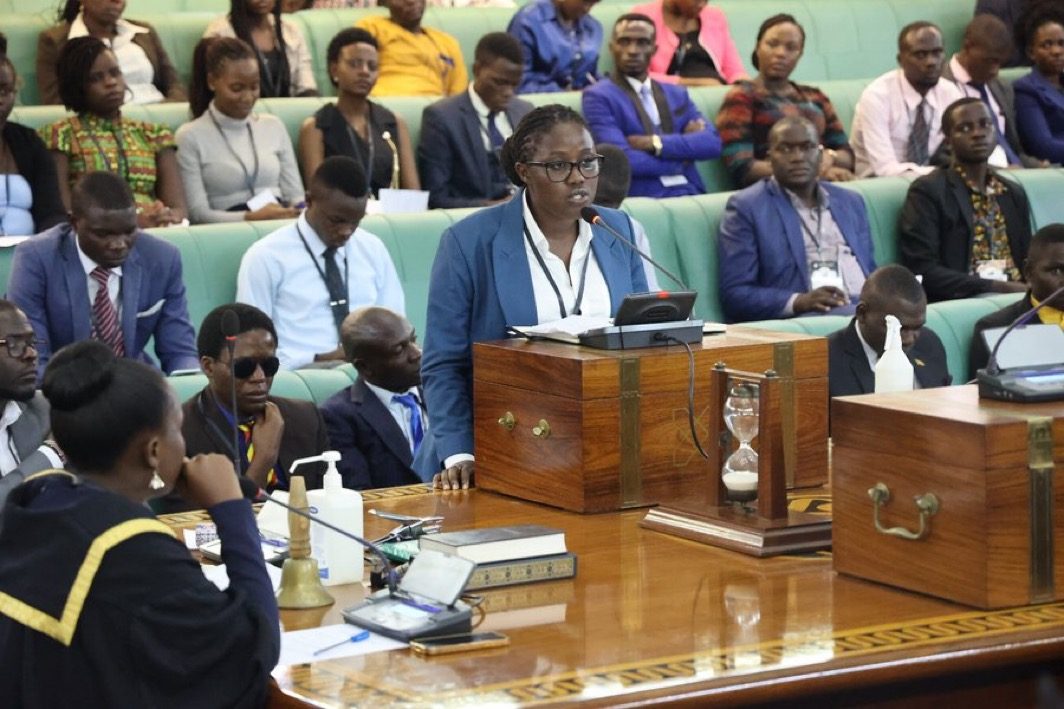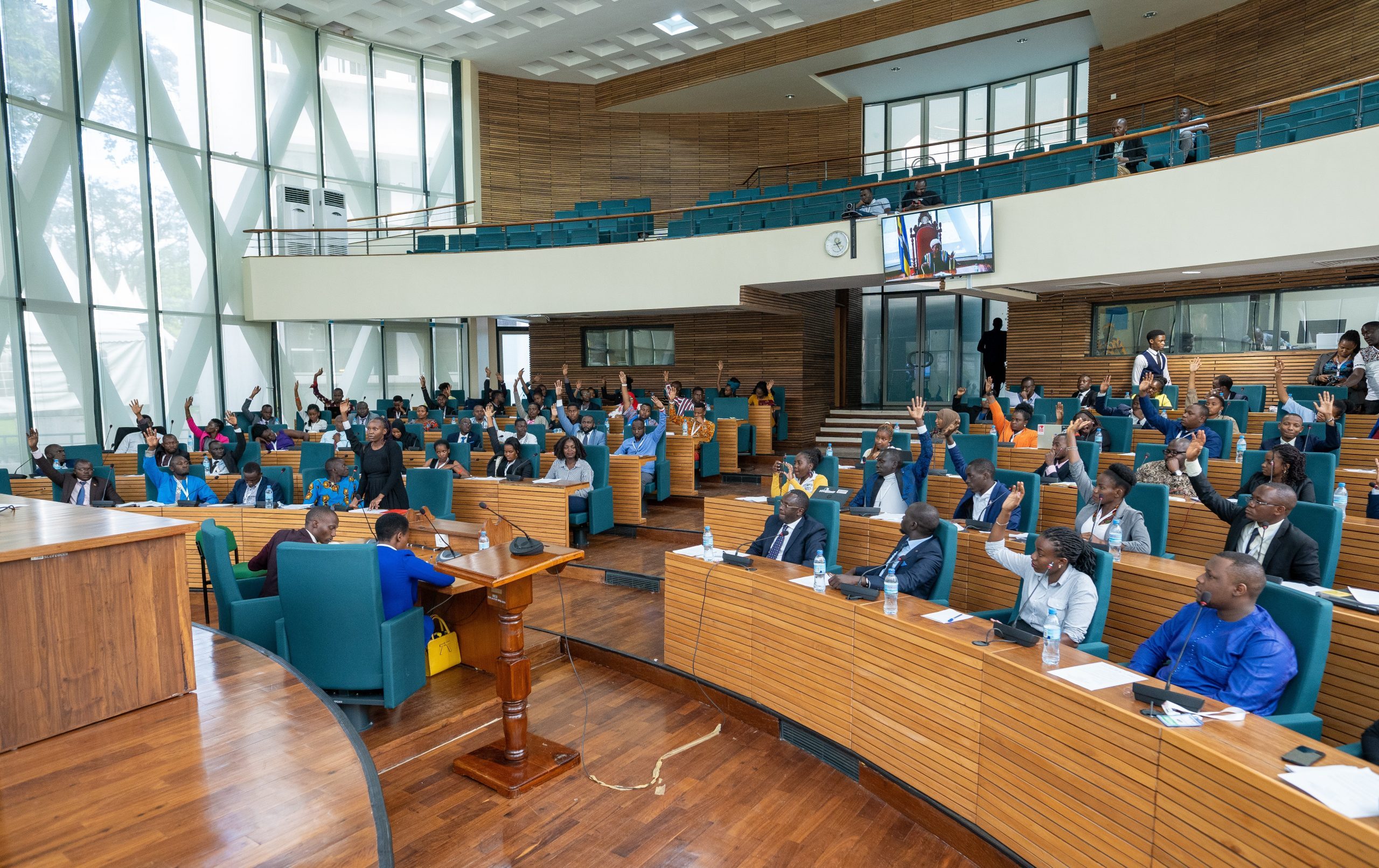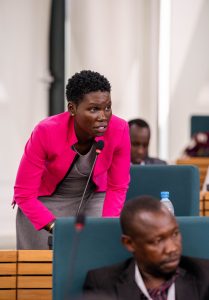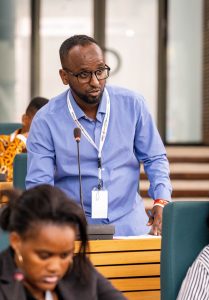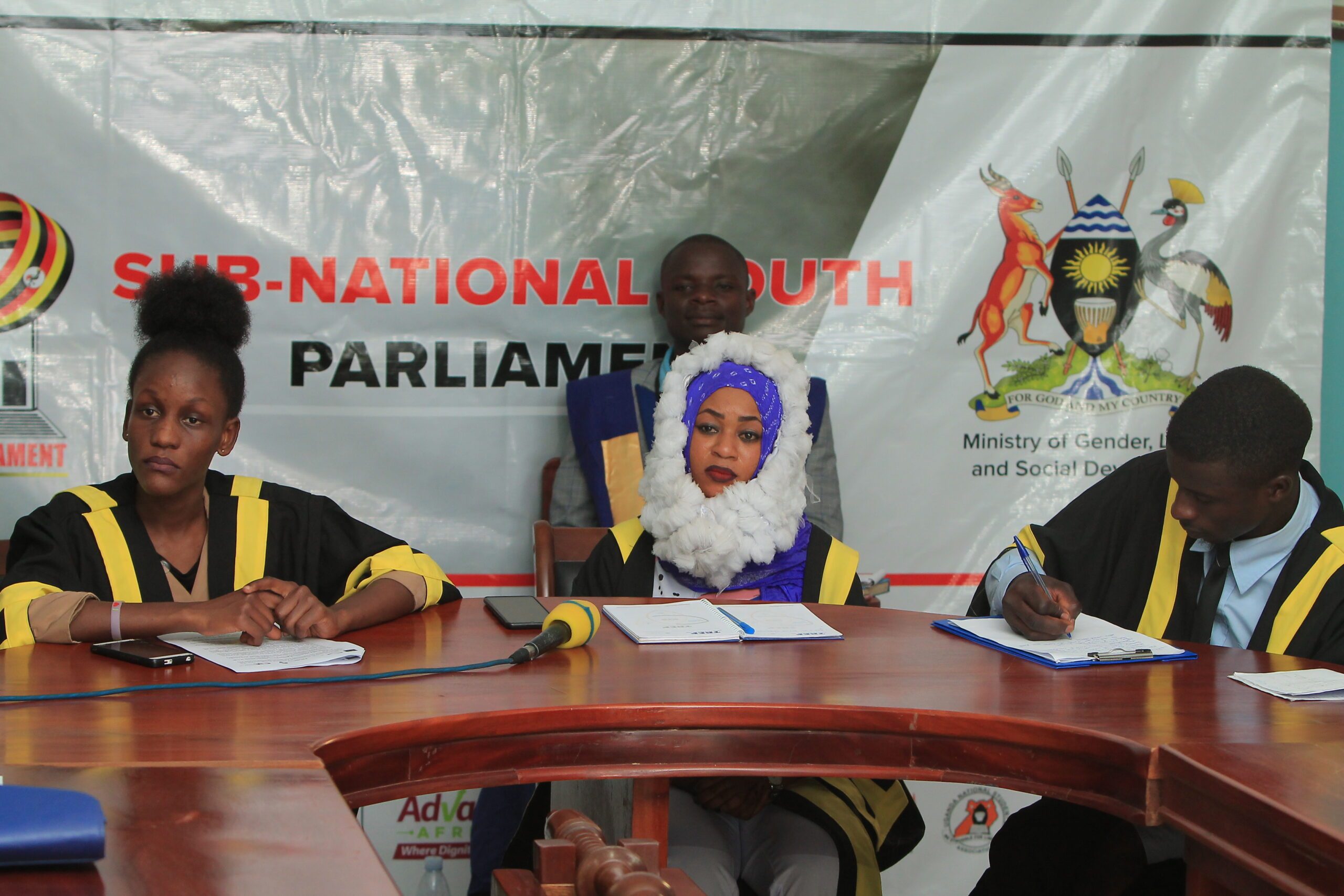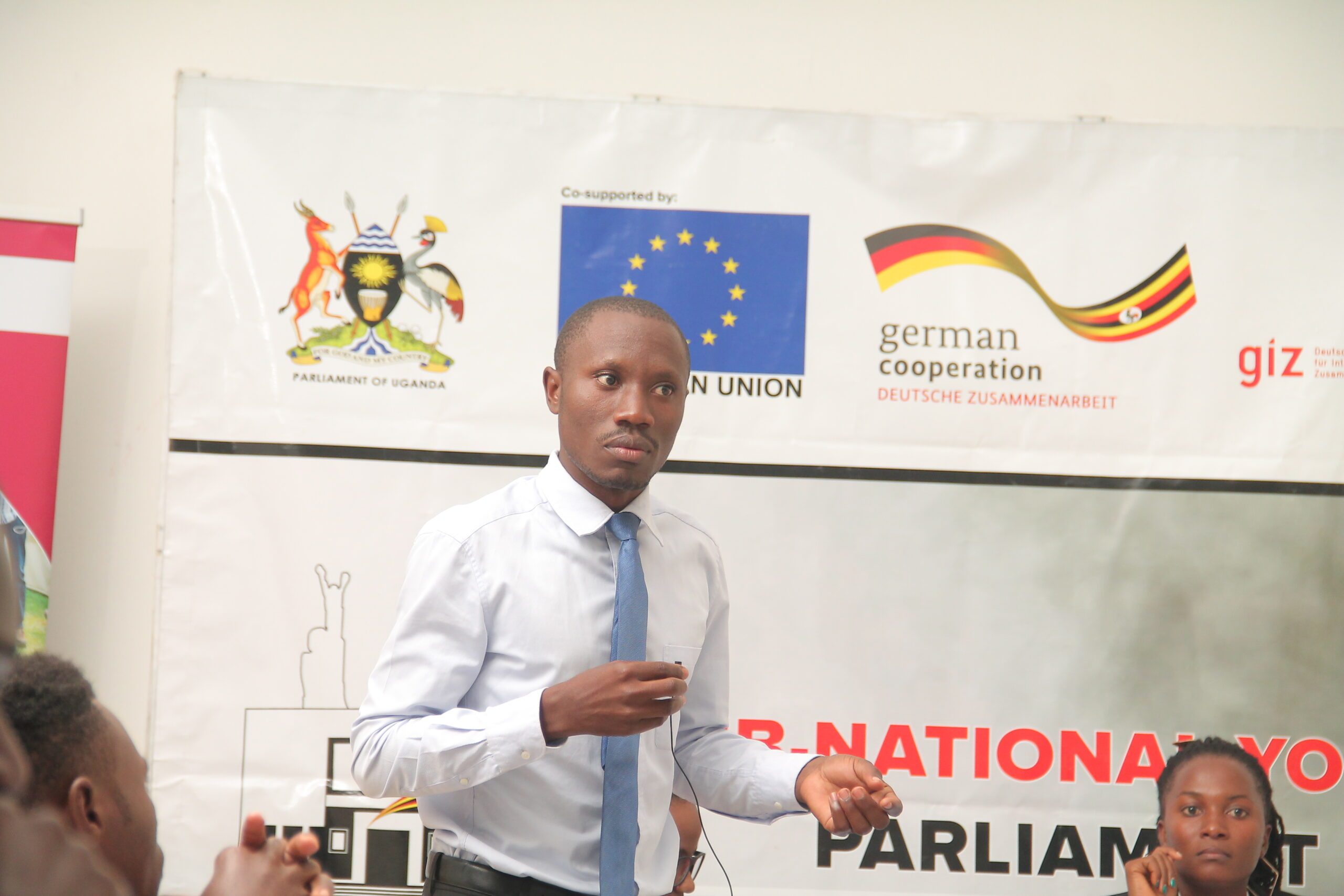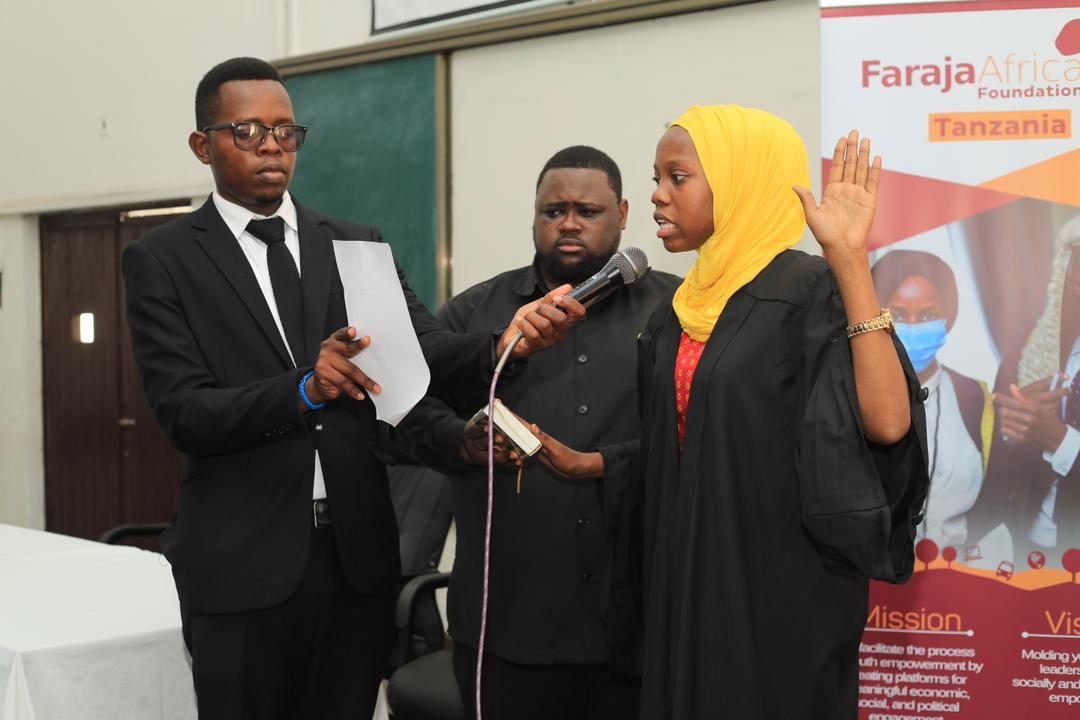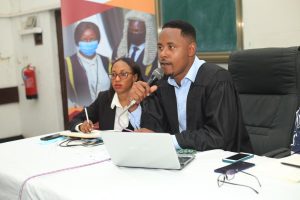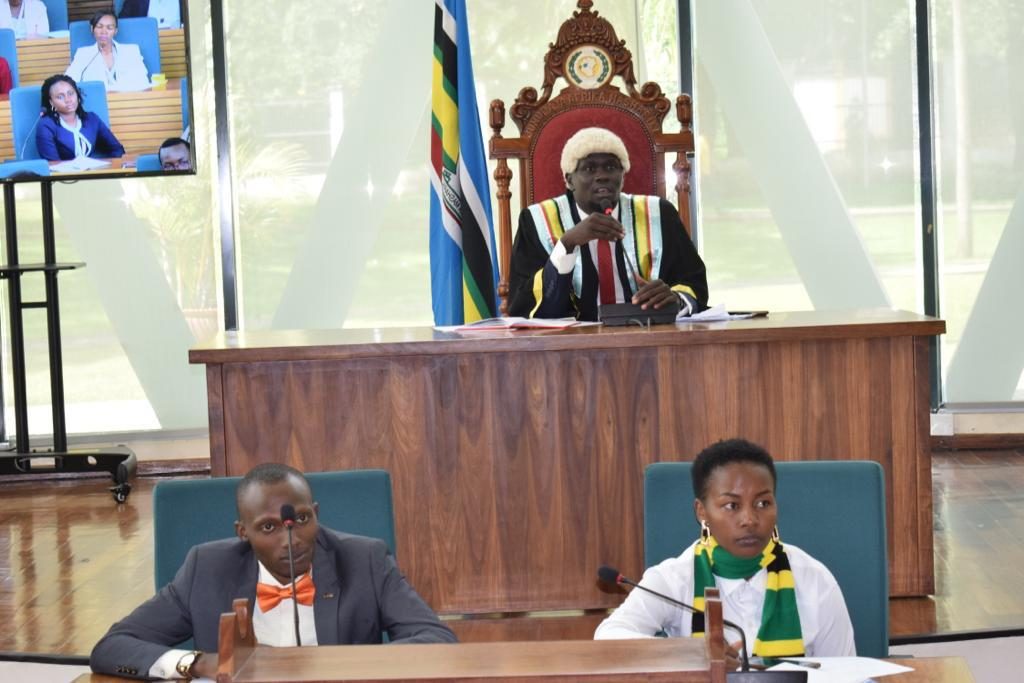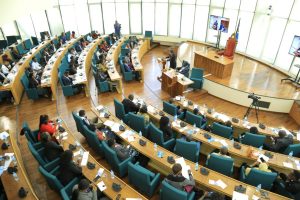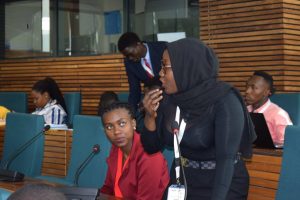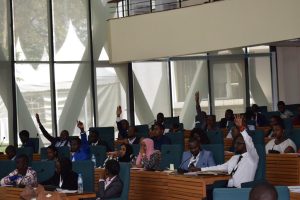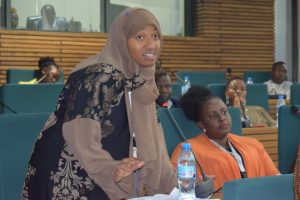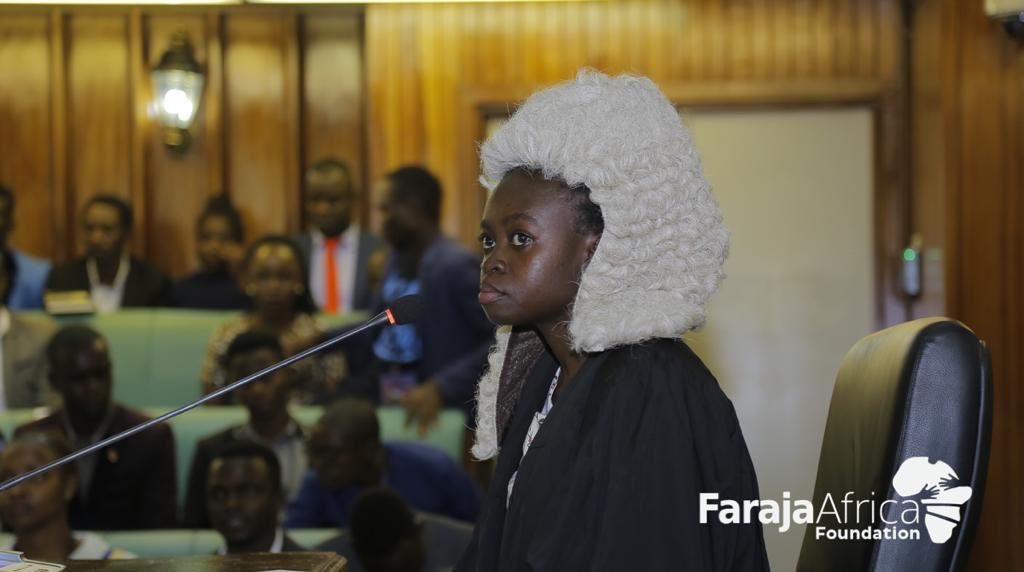Call for Plenary Applications- 7th National Youth Parliament 9th August 2024
Call for Plenary- National Youth Parliament 9th August 2024
Faraja Africa Foundation (FAF) alongside the Parliament of Uganda, is thrilled to announce the call for applications for the 7th National Youth Parliament in Uganda; under the International Youth Day Theme: “From Clicks to Progress: Youth Digital Pathways for Sustainable Development.” This unique opportunity aims to create a platform for young people to participate in policy-making and decision-making processes actively. We believe in the power of youth voices and their ability to shape a more inclusive and participatory society that addresses their needs and concerns.
Based on FAF’s experience in creating youth spaces like the annual National Youth Parliament since 2018, we have observed that most youth in Uganda are passionate about advancing social justice and ethnic equality to achieve equity and youth inclusion. Unfortunately, youth often face challenges as they are perceived as threats and unqualified by those in authority.


6th National Youth Parliament Sitting
This year, the 7th National Youth Parliament aims to address challenges around youth participation, human rights, climate justice and economic empowerment by providing a practical, reachable, and all-inclusive forum for youth to constructively engage with the legislature. By actively involving the Parliament of Uganda, Youth MPs, and the youth themselves, we intend to ensure that youth issues are given the attention and consideration they deserve in the policymaking process.
Eligibility Criteria:
- Applicants must be between 18 and 30 years of age.
- Must be Ugandan citizens residing in Kampala, Uganda
- Should demonstrate a strong interest in social justice, ethnic equality, and youth inclusion.
- Must possess good communication and leadership skills.
Application Process: Interested individuals are invited to fill in the form below and submit their applications by DEADLINE: July 23rd, 2024 by 23:59 hrs.
Important Dates:
- Application Deadline: 23rd July 2024 23:59 hrs.
- Due to the high volume of applicants, ONLY SELECTED PARTICIPANTS WILL BE NOTIFIED by the 1stof August 2024.
We look forward to receiving your applications and encourage all passionate and committed young Ugandans to seize this opportunity to be a part of the 7th National Youth Parliament. Together, we can create positive change and ensure that youth voices are heard and valued in our nation’s decision-making processes. You are encouraged to follow @FarajaAfricaFdn, @NYPUganda and @Power2Voices across all platforms on social media.
Contact Information: For further inquiries, please contact apply@farajaafricafdn.org
Application Form: https://forms.gle/CRdqfsKEYGPNSgmHA









